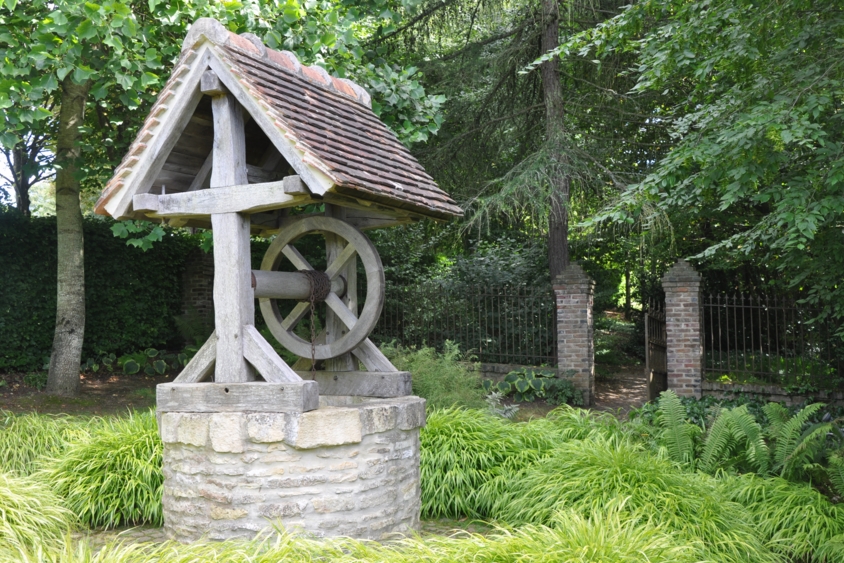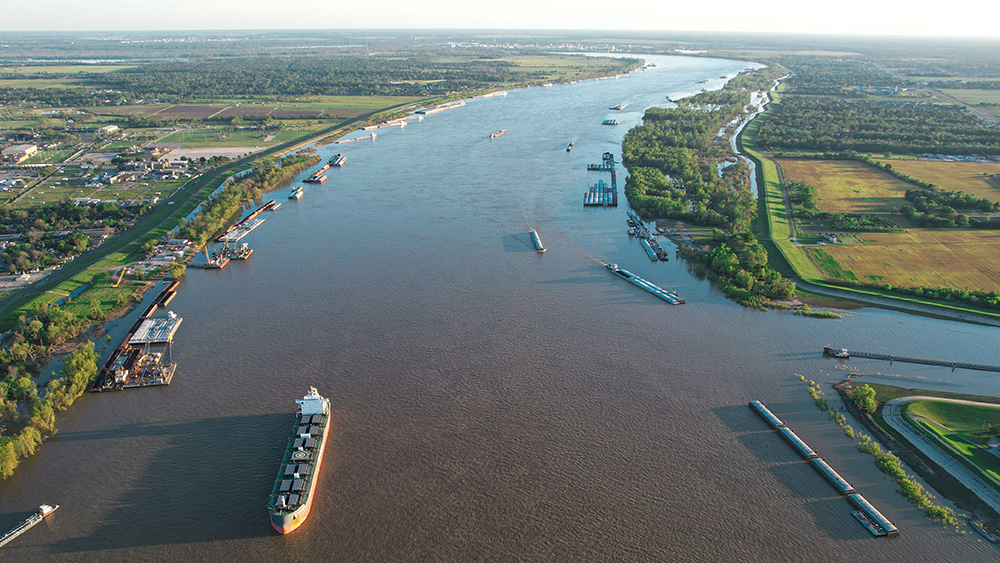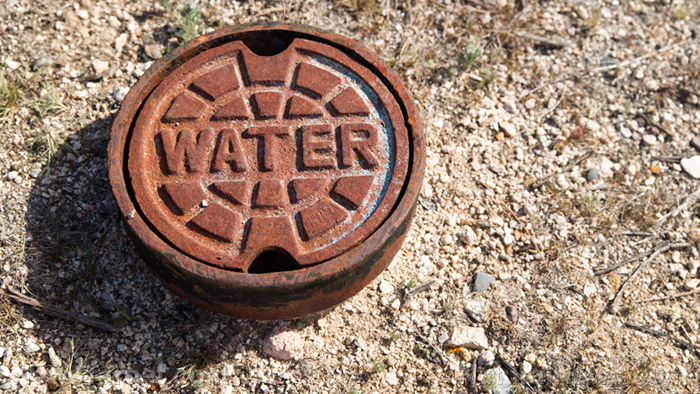Houston lifts boil water notice, but ongoing water and power problems in Texas likely to persist
11/30/2022 / By Cassie B.

Millions of Houston residents were subjected to a boil water notice for more than 24 hours following a power outage at a water treatment plant in the latest example of the problems caused by the state’s aging infrastructure.
It all started at 10:30am on Sunday, when two transformers at a water treatment plant went offline. 2.2 million water customers in the country’s fourth most populous city were instructed to boil water for a minimum of two minutes prior to bathing, brushing their teeth, drinking or preparing food.
City offices and facilities were forced to close, and the Houston Independent School District announced that all facilities and campuses would be closed until Wednesday due to concerns about their inability to provide safe water and meals. The Spring Branch, Aldine and Pasadena school districts also canceled classes on Monday.
The Texas Tribune reports that Houston officials were not certain that the brief outage posed the type of risk that required a lengthy boil water notice, but they were ultimately overruled by state regulators. The city and the state reportedly went back and forth for four hours on the matter before announcing the decision at 6:40pm. This was followed by a tweet at 7:27pm.
However, many residents did not learn of the notice until later that evening, with some finding out when receiving notice that school had been canceled. Houston officials have been criticized for the amount of time that passed between the outage and the announcement of the boil water notice.
The notice was issued out of concerns that the water pressure fell below regulators’ required minimum level of 20 PSI. Low water pressure can compromise the quality of water and threaten public health. When water distribution systems lose pressure, it can cause backflow, which means water flows in the wrong direction. This can enable contaminants to make their way into drinking water. Similar issues have led to boil water notices in the past. On this occasion, 14 sensors indicated low water pressure for under two minutes, while two others experienced low water pressure for less than 30 minutes.
The notice was lifted Tuesday morning. Although residents were relieved to see it end, getting back to normal is coming with some inconveniences. Before returning to normal water use, residents were instructed to flush their water systems by running their faucets on cold for at least a minute. Those with automatic ice makers were also told to make several batches of ice and then discard them. They have also been instructed to run an empty dishwasher for a full cycle and drain and refill hot water heaters that are set below 113 degrees Fahrenheit. They must also change all point-of-use and point-of-entry water filters.
Aging infrastructure is causing power and water quality problems in Texas
Houston is no stranger to boil water notices; the city issued one during last year’s winter freeze when millions of people lost electricity for several days as the state’s grid operator lost control over the power supply. Back in February 2020, a notice was issued after a water main break caused pressure levels to fall below the minimum regulatory levels for an extended period.
Texas is no stranger to poor water quality and power grid failures. According to the Environmental Protection Agency, the state has the dubious distinction of having the highest number of water quality violations in the country. Just two years ago, freezing temperatures wreaked havoc on the Texas power grid, leaving millions of residents without access to safe water, including hospitals.
Winter failures in the state’s power grids often leave entire neighborhoods in the dark, and studies of Texas’s power grid indicate it is not prepared to handle extreme weather conditions. Aging infrastructure is a major problem throughout the state, with the rural town of Zalla being put under a boil water notice for nearly two weeks this month due to failing infrastructure.
Sources for this article include:
Submit a correction >>
Tagged Under:
big government, boil water notice, chaos, clean water, Collapse, electricity, energy supply, Houston, infrastructure, panic, power, power grid, Power Outage, tap water, Texas, water supply
This article may contain statements that reflect the opinion of the author
RECENT NEWS & ARTICLES
COPYRIGHT © 2017 CLEAN WATER NEWS




















